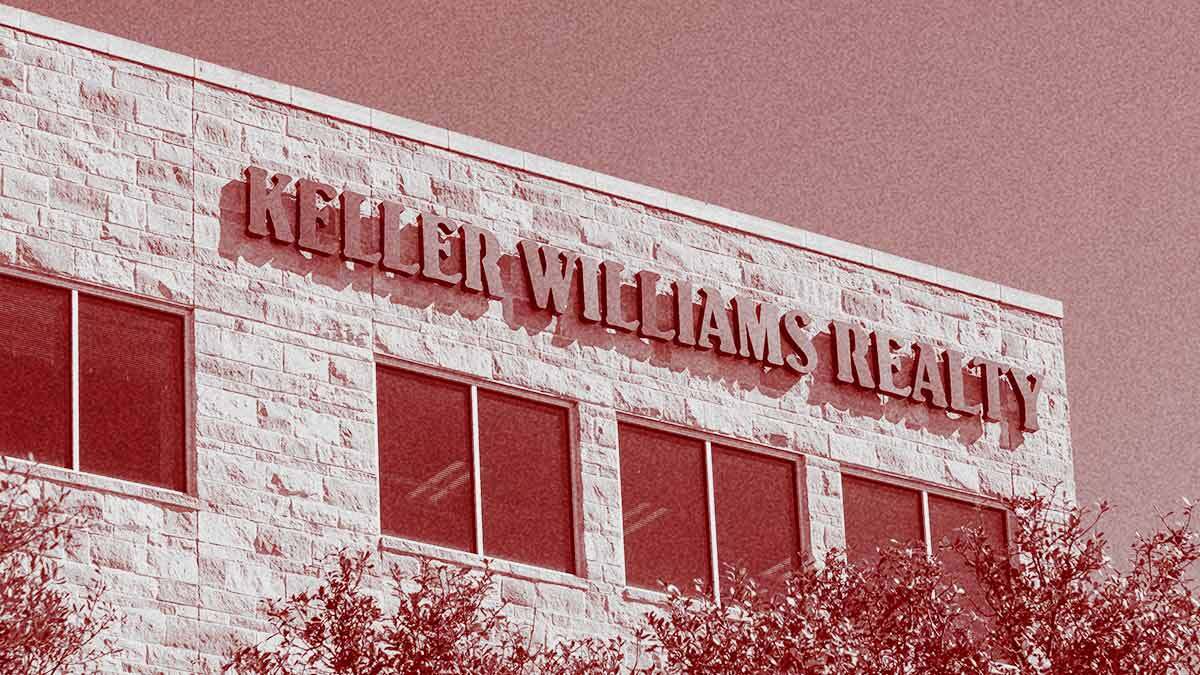As much of the nation continues to reckon with critical shortages to housing inventory that exacerbate affordability woes, housing advocates in California are seeking to exempt homebuilding projects in urban areas from being subjected to a key climate law that critics say has slowed construction.
Last week, a group of bipartisan lawmakers unveiled a robust package of 22 bills seeking to address the state’s housing woes. One of these would exempt certain urban construction projects from having to follow the provisions of the landmark California Environmental Quality Act (CEQA), according to reporting from Axios. The law was signed by then-Gov. Ronald Reagan in 1970.
“Right now, it takes far too long to build the housing Californians need — and that’s a failure of government,” said Assemblymember Buffy Wicks (D), the key sponsor of the CEQA bill. “The Fast Track Housing package is about making our systems work better: clearer rules, faster timelines, and fewer bureaucratic hoops. It’s not about cutting corners — it’s about being honest that what we’re doing isn’t working.”
The total bill package “reflects a broad, bipartisan commitment to saying yes to housing, yes to progress, and yes to a government that helps solve problems instead of creating them,” Wicks added.
The package aims to address what the lawmakers introducing the bills call key “bottlenecks” to more housing construction. These include land-use applications, CEQA compliance, entitlement, post-entitlement and enforcement.
Wicks’ bill “introduces significant reforms to [CEQA], aiming to exempt environmentally friendly housing projects from lengthy reviews,” the lawmakers said when announcing the package. This move is supported by many environmental and housing advocates alike, they claim.
State Sen. Scott Wiener (D) also introduced a bill that would permit the construction of housing near any transit center in the state, effectively overruling any local zoning laws that might impede such construction.
“The result is an extreme housing shortage driving the affordability crisis we see today,” Wiener said. “To address our housing shortage and bring costs down, we must right the ship by making our overgrown permitting processes usable again.”
.png)
 German (DE)
German (DE)  English (US)
English (US)  Spanish (ES)
Spanish (ES)  French (FR)
French (FR)  Hindi (IN)
Hindi (IN)  Italian (IT)
Italian (IT)  Russian (RU)
Russian (RU) 








Comments